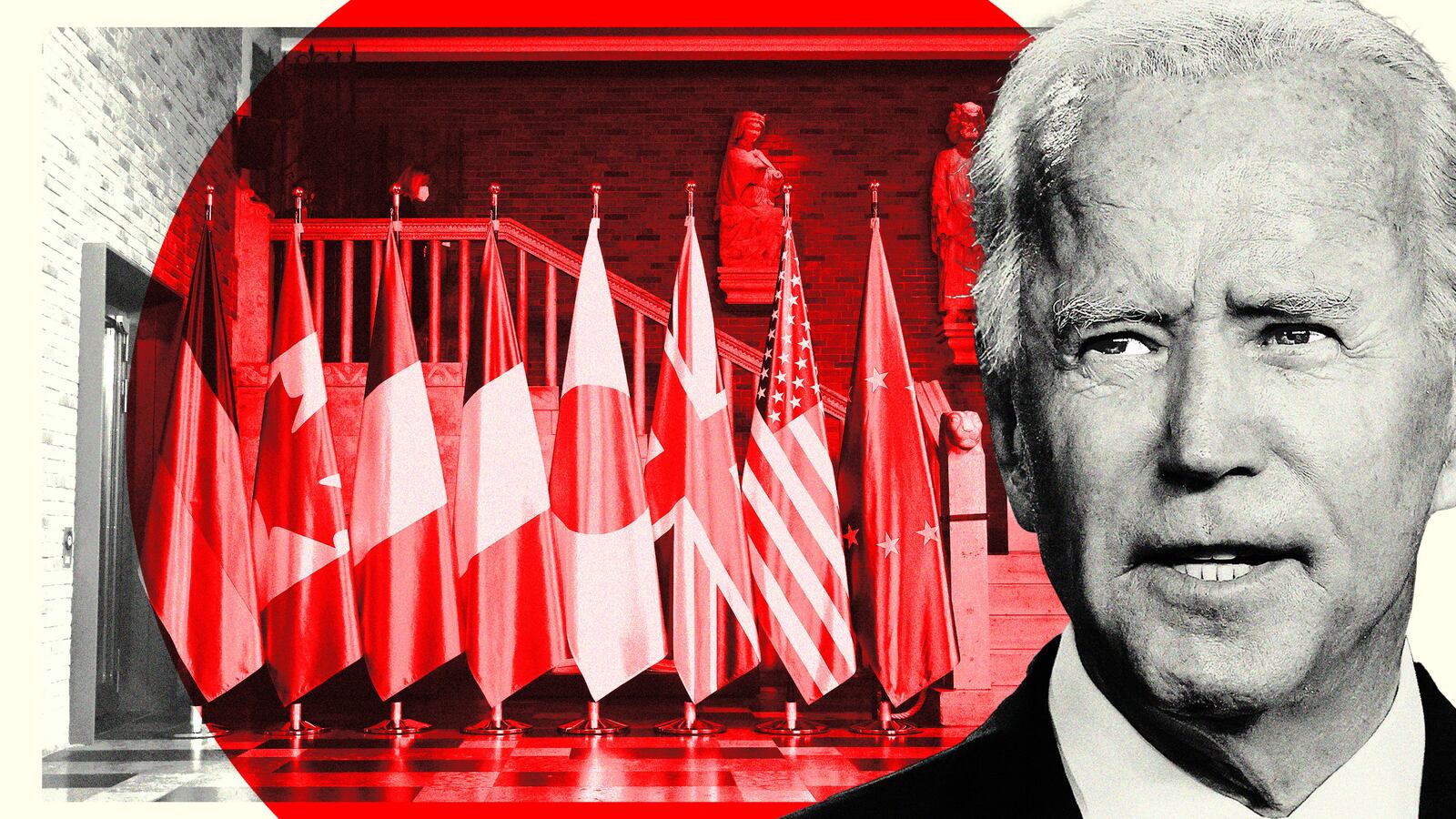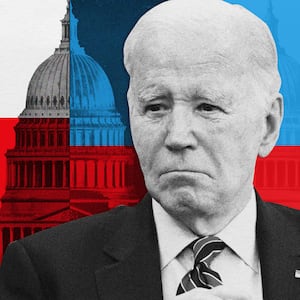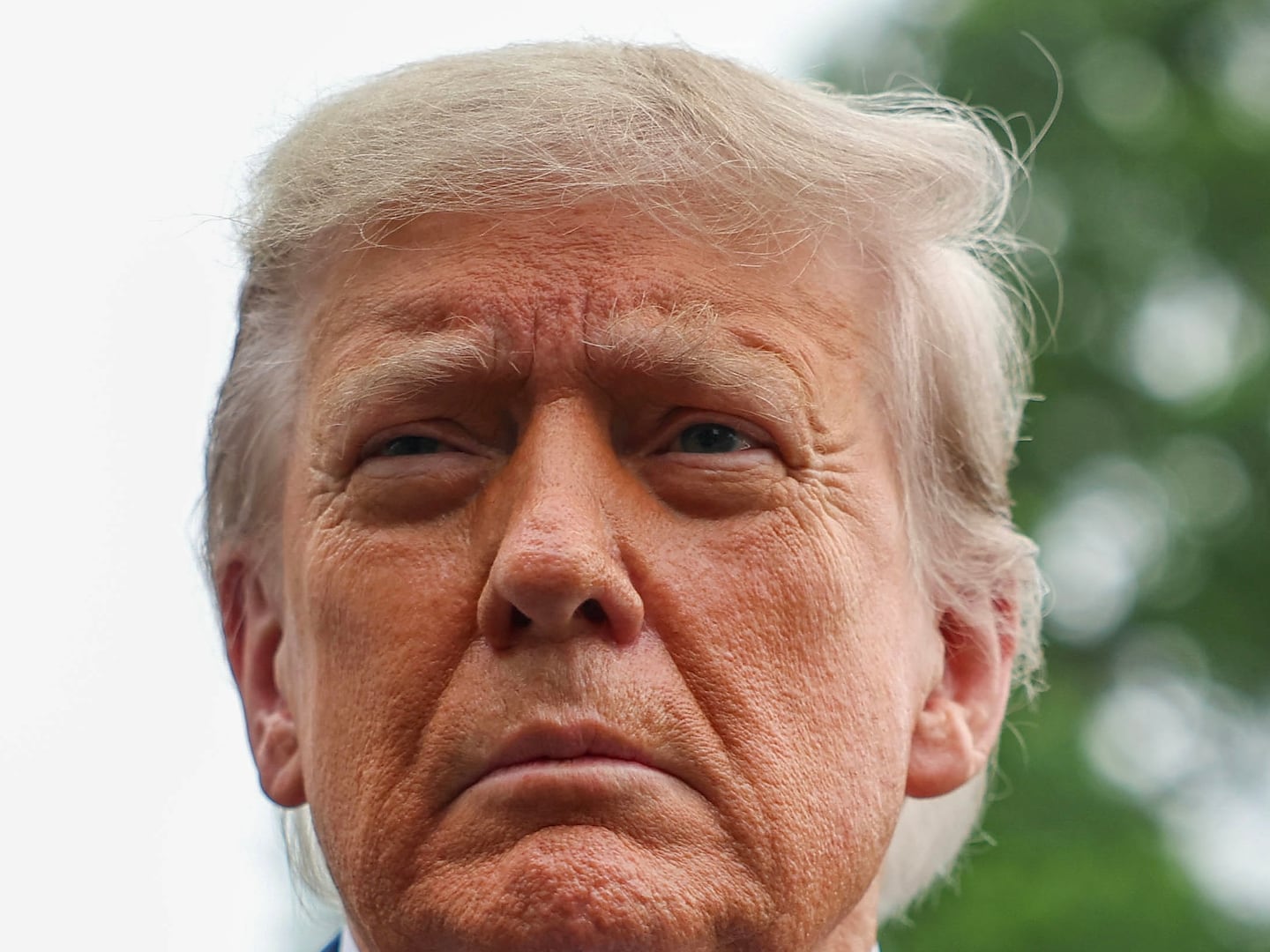The last-minute talks to stave off U.S. debt default are a reason that President Joe Biden should stick with his plans to attend the G7 in Japan rather than to cancel them.
Naturally, the president’s own optimism and other signs that progress is being made make sticking with his travel plans even more sensible. But, there is precedent for canceling such a trip, as both President Barack Obama and President Bill Clinton did in the past to deal with debt battles at home. This—along with last week’s contentious meeting between the president, Kevin McCarthy, and other congressional leaders on the current stand-off—have raised questions about whether Biden would indeed make the trip.
On Sunday, Biden said he was planning to go, echoing remarks by his press secretary Karine Jean-Pierre on Friday. But in Japan (the host nation for the talks) and among our allies, questions have roiled the planning for the summit meeting.
In the words of one top U.S. official, the G7 meeting is “a kind of steering committee” for many vital initiatives close to the U.S. It is precisely at moments like this one—when the world’s top economies wonder if America will continue to be able to lead, whether we are politically stable, and if our full faith and credit can be counted upon—that it is more important than ever that Biden meet with other leaders to reassure them. Going to Japan is a step to reduce global market uncertainty, which has massive consequences not just for international investors, but for average Americans who could lose their jobs and their savings should a debt default actually happen.
Global observers were unsettled further last week when the Republican Party’s de facto leader, former President Donald Trump, said during his infamous CNN pep rally that the GOP should proceed with default if they don’t achieve the “massive cuts” they seek through the current negotiations with the White House. Recklessly, he said that the consequences of such a breach might last only a day or a week, shrugging the whole problem off as “psychological.”
Trump’s irresponsible remarks only make it more important that Biden go, especially given the fact that compounding market jitters about the debt, the world is watching the U.S. warily wondering if the 2024 elections will produce a swing back to the madness of the Trump era.
Just what sorts of destabilizing irresponsibility such a reversion would entail were also revealed when, during the CNN town hall, Trump spoke about another issue atop the G7 agenda, Ukraine.
He attacked our allies for not paying their fair share to defend Ukraine, then equated the situations of Ukraine and Russia and refused to call Putin a war criminal. As on the debt issue, it is clear Trump’s views were the polar opposite of Biden’s. For nations that have sought to aid Ukraine to hear their most important ally might soon be led by a president who represents Putin’s last best hope, is deeply unsettling.
In other words, the Republicans are generating the kind of anxiety worldwide that makes the Biden trip not just important—but essential.
While he might be criticized by Republicans should he depart before a deal is done, the risks of the president not going to Japan are greater still. Further, as smartly pointed out by former top Obama economic advisor Jason Furman in a recent NBC report, “Presidents don’t need to negotiate everything personally themselves.” Furman added, “He has good people around him who are trusted and respected on these issues.’”
The negotiations are being handled by top aides and Biden will be in constant touch with them. Indeed, even were he still in the U.S., Biden would not be involved in the minutiae of the discussions.
In fact, Biden, by going on his planned trip and assuaging international concerns, would be playing a vital role in the current debt crisis, perhaps the most vital role of all.
It would be better, of course, had the GOP not decided to put the dollar and the global economy at risk by cynically tying debt ceiling talks to budget negotiations. It would be better if they acted in the interests of the American people. It would be better if they understood and took into consideration the consequences of what they are doing. It would be better if they did not do the handiwork of America’s enemies and rivals worldwide who would like to see our economic leadership role challenged or undone.
But neither consequences nor perspective, rational considerations, nor national interests factor into the GOP’s political grandstanding. And so it is left to President Biden and his team to manage the consequences of their actions both at home and abroad.
What is more, because of the continuing presence of Trump as the leading force in the GOP, and the likelihood that he and his acolytes like McCarthy will continue to shape GOP strategies and tactics for the foreseeable future, Biden’s continuing summit diplomacy with his counterparts worldwide is essential—regardless of how or when the current crisis will be resolved.
Because the one promise you can expect a Trumpist GOP to keep is that there will be many future crises to come that will shake the world’s confidence in the U.S. and that have the potential to weaken us and strengthen our enemies in the months and years to come.










